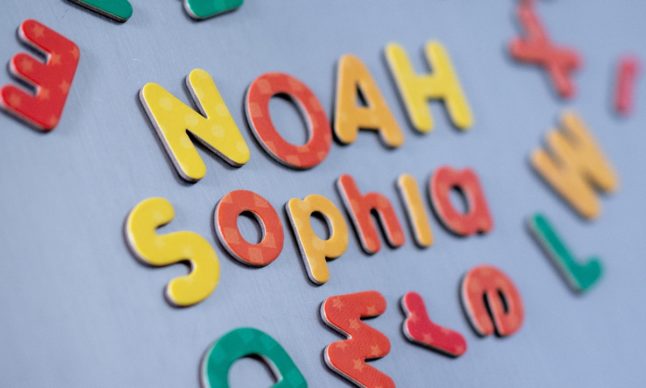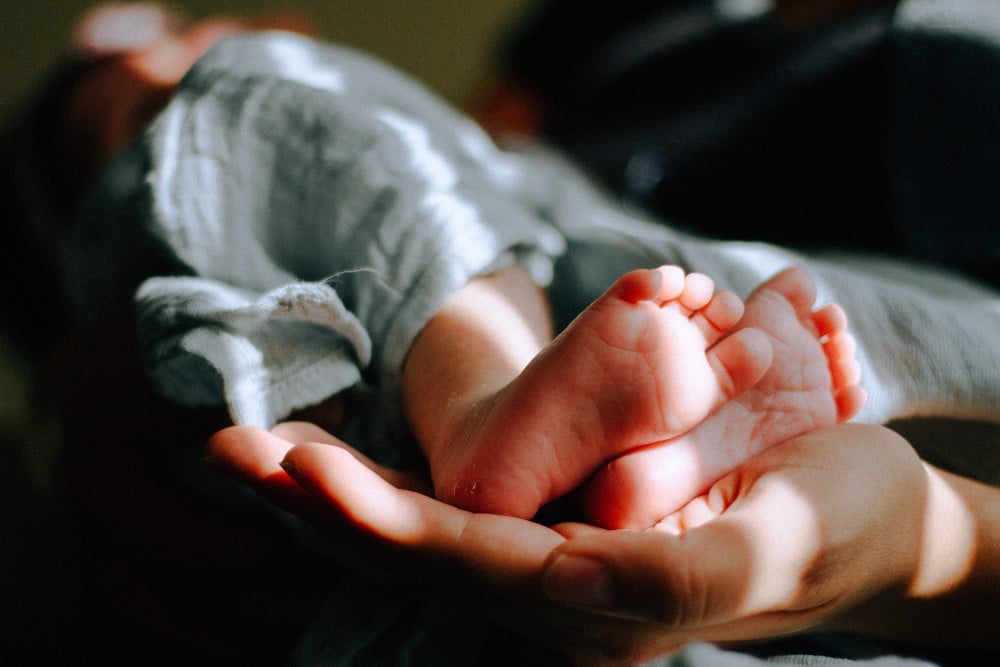From decoding political rows to cultural and language tips, our weekly newsletter Inside Germany – formerly Living in Germany (we decided to give it a little makeover) – looks at what we have been talking about in Germany this week. Members can receive it directly to their inbox on Saturday.
Spy drama grips Germany
Germany is no stranger to spy scandals (check out the ‘Deutsches Spionagemuseum’ in Berlin for more on the history) but the past few weeks have seen intelligence agencies working overtime. Last week we had two German-Russian men arrested in northern Bavaria after being accused of helping Russia to plan attacks in Germany. This week there were more high profile arrests, this time concerning reports of suspects spying for China in Germany. One suspect is an aide to Maximilian Krah, a Member of European parliament for the far-right Alternative for Germany or AfD, plunging the party into more chaos.
Spying certainly comes with high penalties in Germany. Journalist Aaron Burnett told our Germany in Focus podcast: “Some spies caught in Germany have been sentenced to eight to ten years… But more serious cases carry a life sentence. One head of division at the German intelligence service arrested last year is accused of having spied for the Russian FSB about Germany’s espionage methods, for example – and if he’s convicted he’s looking at life.”
‘Divorce papers’ hit the coalition
It’s been a rocky week for the coalition government. Junior partner, the FDP, proposed a 12-point plan aimed at boosting Germany’s economy. It included stricter sanctions on those receiving Bürgergeld (long-term unemployment benefit) and limiting early retirement. As you can imagine, it didn’t go down well with the FDP’s government partners the Social Democrats and Greens. Meanwhile, Bavaria’s state premier Markus Söder, of the opposition CSU, couldn’t resist a jibe, calling the plan a “divorce certificate” for the coalition partnership. With an election next year, it will be interesting to see if the coalition can hold it together.
The noises you need to sound German
If you’re looking to sound more like a local, we recommend getting in on some of the noises that Germans make during everyday conversations – including Hä!
The difference between learning German from a textbook and learning it from actual Germans: pic.twitter.com/uZJ7yrENs3
— Nic Houghton (@40PercentGerman) April 24, 2024
Is Germany attractive to foreign workers?
A survey released this week ranked Germany as the fifth most attractive destination for foreign workers. This week on our Germany in Focus podcast, we chat about the positives and negatives of moving to Germany for work. We also looked at when you might want to consider a legal challenge on your German citizenship application and Berlin’s new €29 rival to the Deutschlandticket.
Making time for culture
Every day (and night) there are gigs, events, exhibitions and lots of other cool things to do in Berlin. But it can be hard to fit it in among work, catching up with friends and chores (not to mention getting the grocery shopping done on a Saturday because Sunday isn’t an option in Germany). So I was happy that I carved out some time to check out art last weekend. House Berlin is a gallery tucked away on Friedrichstraße in Mitte. It’s currently showing Jeff Cowen’s exhibition Séance, where you can expect a creepy yet ethereal vibe examining the crossover between the spiritual and physical realm.
I was also glad to hear about an awesome event recommended by a reader of The Local. Lucinda Kirkby is exhibiting her porcelain collection at Galerie Orange in Tegernsee. Let me know if you have some cultural recommendations in Berlin and elsewhere in Germany!

Lastly…
For readers who don’t know me – hallo! I recently took over as editor of The Local Germany full time after my lovely colleague Rachel Stern left the position. I’ve worked at The Local for more than five years in different roles and I also covered for Rachel during her parental leave. Some of you might also know me from the Germany in Focus podcast. I’m delighted to be spending more time editing The Local Germany and working alongside our awesome team of journalists. Don’t hesitate to get in touch with me to say hi, with feedback or if you have a story. You can email me directly here: [email protected]




 Please whitelist us to continue reading.
Please whitelist us to continue reading.
Member comments